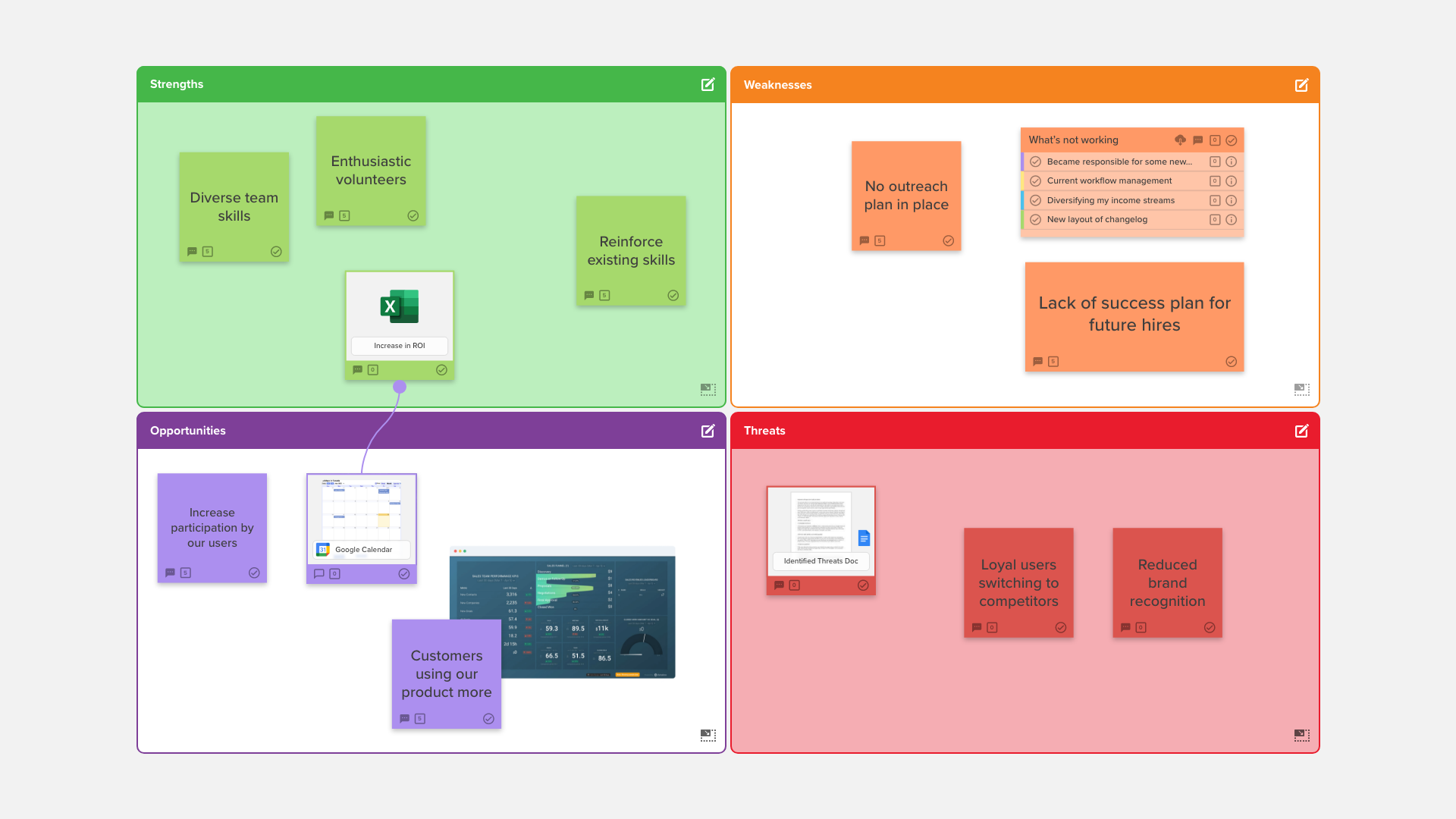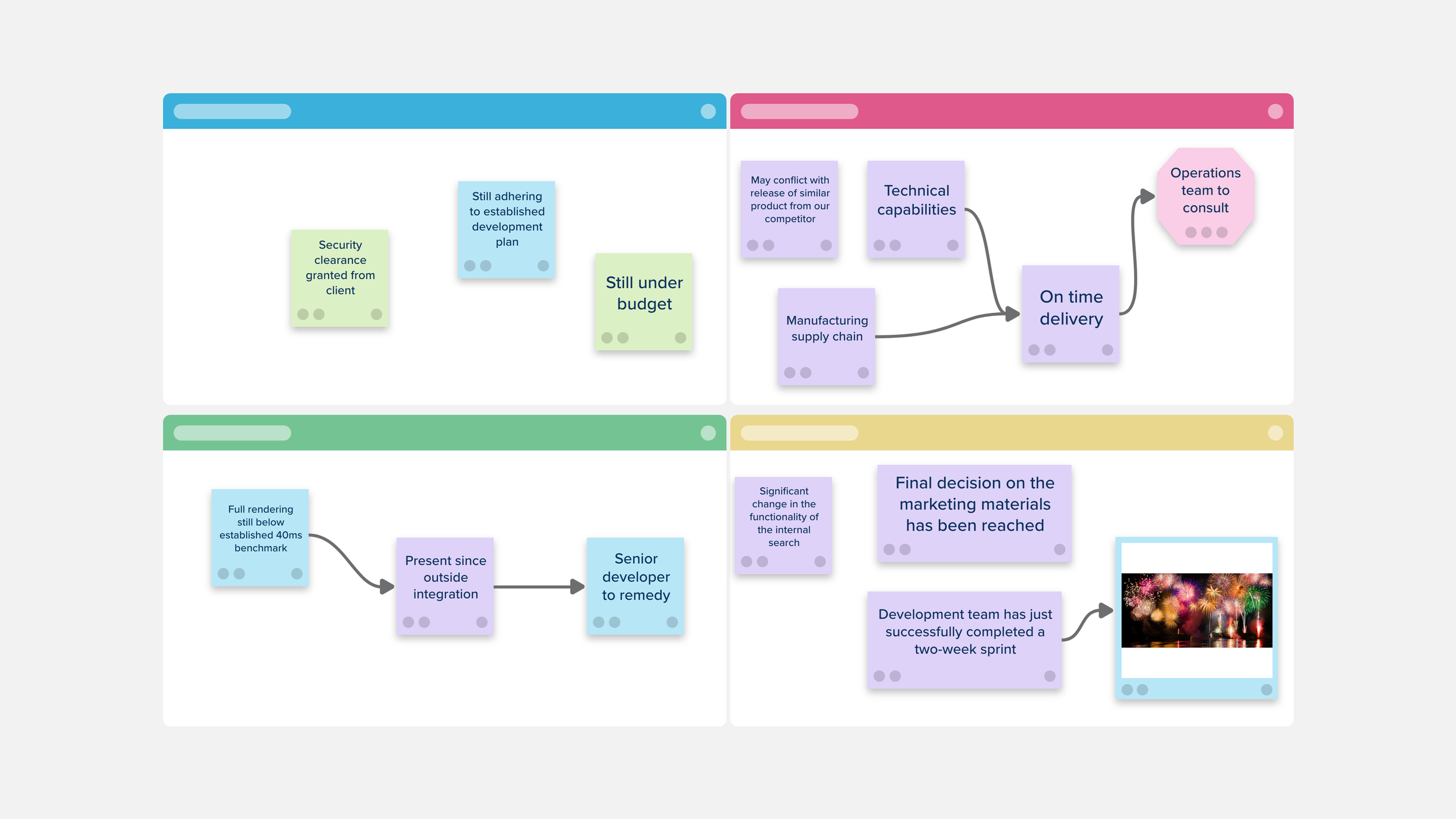5 Cybersecurity Risks Of Remote Work And How To Avoid Them
Photo by Glenn Carstens-Peters on Unsplash
With more and more people working remotely now, it has brought a lot of new issues that organizations must contend with to stay competitive, compliant, and profitable. One of the biggest issues across virtually every industry right now is that of cybersecurity. As staff are working out of their own homes, rather than in an office, there are some weaknesses in security that need to be addressed. Here are the most common cybersecurity risks that you’ll need to address in remote work.
1. Poor Data Practices
In an office set up, there are inherently more robust methods to handle data and keep it private, often storing it within a company’s secure local servers. When staff are working from home though, organizations may have less oversight on how data in handled. For example, staff may be downloading data onto personal devices, or sharing with other staff through unencrypted software and unsecured networks. That, of course, puts your business at risk.
As such, you’ll need to impress upon everybody within an organization the importance of handling data safely. There are several ways you can ensure that data is secured, such as offering encrypted messaging services for sharing data between staff, or providing company devices that can be managed by IT departments and overseen by CISOs to ensure safety of data.
2. Phishing And Ransomware
This is a risk for everyone online, but especially for those that are working remotely. It’s very easy for anyone to be taken in by a fake email or message, and click a link that’s provided. That can allow nefarious actors access to all kinds of data that they can then use maliciously.
A lot of this can be avoided with proper education. “Train your staff to recognize when a communication is suspicious” says Teresa Jones, a tech writer at Boom Essays and Essay Services. “There are lots of tell tale signs, such as email addresses being slightly off, or being asked to provide security information in an email to them.”
Providing ongoing security training as a key piece of employee development is the easiest way to maintain compliance and help protect your organization’s data.
See how Stormboard handles Operational Security.
3. Hardware Attacks
This was touched on above, but when people are working remotely they’re more likely to use their own devices. After all, if they need to look something up quickly they can always pick up their phone, for example. However, their hardware is often more susceptible to cyber attacks, so you need to be prepared for this.
Again, you can provide your own hardware and stipulate that only these are to be used for work. If that’s not possible though, you can use hardware security keys, enforce 2-factor authentication for internal software use, and password management programs, to name a few. These are designed to protect your company’s data, even if someone is using their personal device.
4. Less Oversight From Security
When working in an office, your team will all be working on a company network. That has oversight from security staff, so they can see if anything is going wrong right away. Remote workers are working on their home networks, so there’s less oversight and more opportunity for cyber attacks to happen.
With the rise in remote work, the use of remote work environments has become more common. “These allow you to get that same oversight without having everyone on the same network” says journalist Richard Bowman, from Paper Fellows and State of Writing. “That allows you to get that oversight and catch issues quickly.”
5. Unsecure WiFi
A benefit of remote work for staff is that they can work anywhere in the world. Many may choose to do work in public places like cafes and libraries, as they have WiFi networks that they can use. While this is a great benefit for the individual, the fact is these networks are seldom encrypted. That puts your company data at risk.
As such, you may have to ask staff not to work on these networks. If you want to allow your staff that freedom but not open yourself up to attacks, providing access to a VPN is a good idea. A VPN, or Virtual Private Network, will shield a remote workers data wherever they are, keeping it safe.
Bottom Line
These are some the biggest cybersecurity issues that you will find with remote work. Remote work comes with a lot of benefits, so it’s important to find solutions to these issues so you can continue working this way. Use these tips to keep your staff and business safe.
Security is, and always has been, a major competent of Stormboard. We pride ourselves on being able to provide customers from around the world with one of the most secure collaborative whiteboard platforms on the market.
Our standard security measures, paired with our internal operational security and advanced options and configurations for Enterprise customers enable us to provide a workspace for even the most sensitive data and tightly-protected industries worldwide.
Check out our security page for more information, or get in touch with one of our experts to learn more about how Stormboard can help protect your data and promote a more efficient remote workplace.
About the Author
Jenny Han is a writer with Academic Writing Service and Assignment Service. She covers tech and cybersecurity. She’s also a writer for the Essay Writing Service blog.










